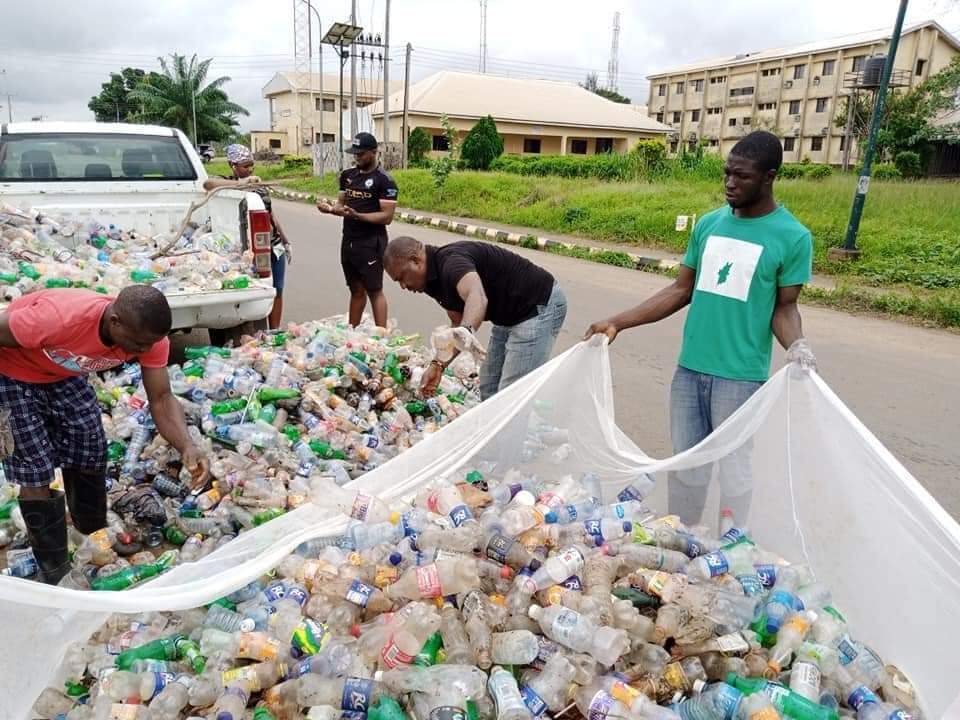Anambra State Ministry of Environment has been told not to toy with the issue of credible data if it is to effectively address the environmental challenges experienced by people of the state.
A lecturer with the Department of Environment, Nnamdi Azikiwe University, Awka, David Onuoha made the position in response to the ten million plastic challenge organized last year by the State Ministry of Environment.
Anambra State with the second smallest landmass after Lagos State, is faced with serious environmental challenges, such as flooding, erosion, and landslides, attributed majorly to the residents’ unhealthy practices.
The State Ministry of Environment had said the ten million plastic challenge was aimed at engaging the people in the business of reducing the menace of plastics across the state.
To achieve this, the Ministry had earmarked prizes for the winners of the challenge to elicit interest in participating in the exercise, although our reporter cannot ascertain how the challenge eventually ended and whether the winners were later rewarded if any emerged.
But, Onuoha believes the exercise was just another effort in futility as there are no data to support the claims of the Ministry.
He insisted that the government cannot just from nowhere, commence such kind of challenge when it has not conducted research to provide data on the situation at hand and what it targets to accomplish.
“I challenged the Commissioner for Environment, Engr Felix Odimegwu on that issue of ten million plastic challenge.
“I asked him, what is the background against which you are doing a ten million plastic challenge?
“Do we have data to show the approximate amount of plastic generated in Anambra State every year? It is only when we have that data that we can say that when we get the ten million plastic, it will reduce the amount of plastic by this percent.
“But the fact is that there is no data anywhere. So, against what background are you doing such a challenge?
“Go online today and raise a particular issue, you will see various persons giving you varying data about a certain issue. With such confusion, the state cannot make substantive success,” he said.
The environmentalist advocated effective collaboration among stakeholders in addressing issues of the environment as they are directly responsible for the negative practices that cause hazards and are also at the receiving end of their impacts.
“The only way the strategies can work is when the communities are involved adequately, instead of the countless laws being promulgated by the legislature which yields no results.
“Every stakeholder needs to be engaged in the flood management activities.
“Lack of collaboration among stakeholders and absence of credible data on the situation before interventions to be able to measure impact is still a major challenge,” Onuoha said.



